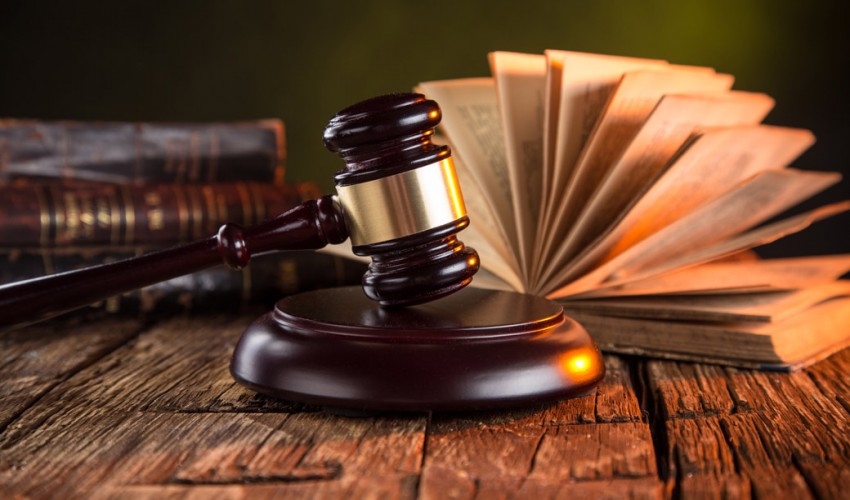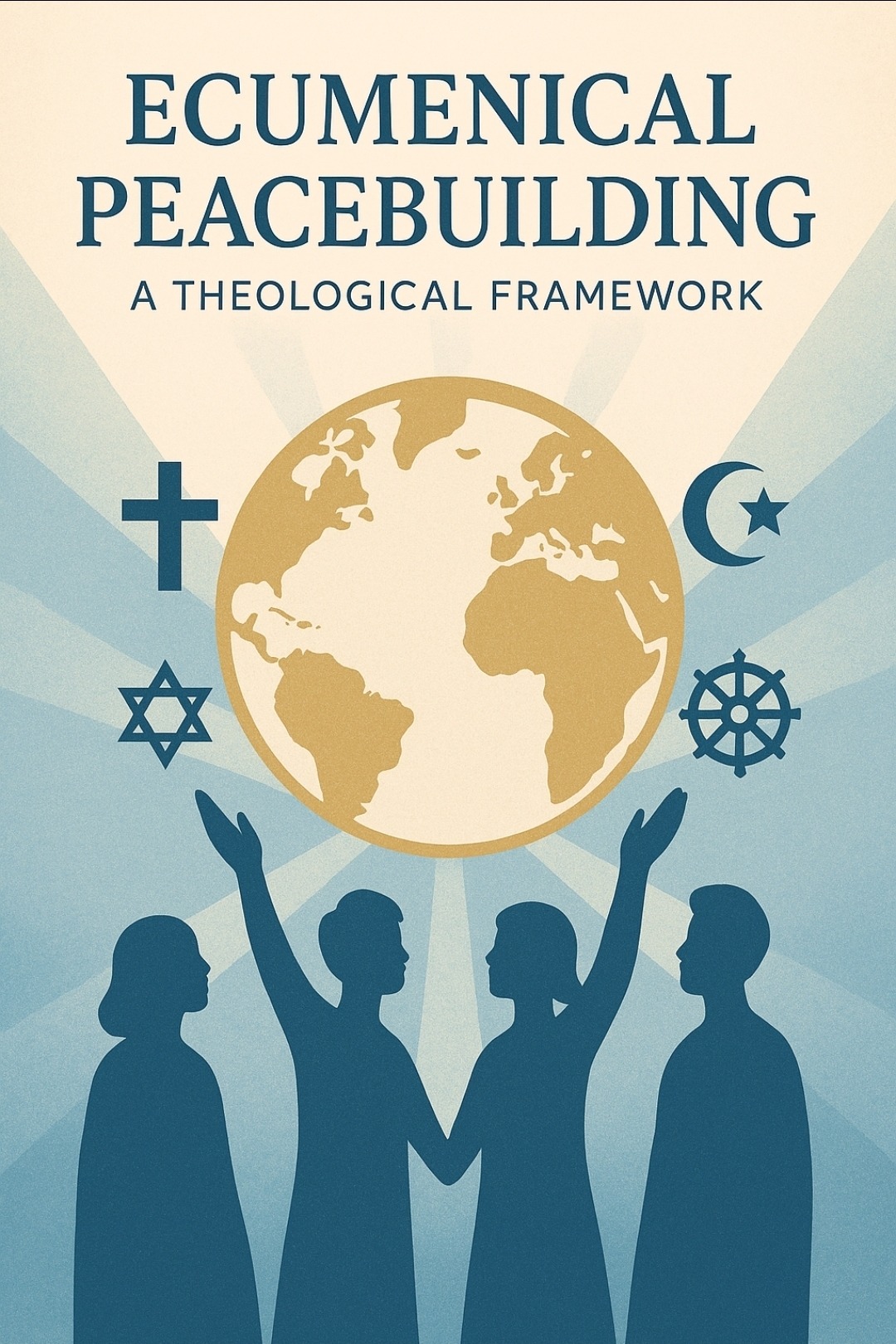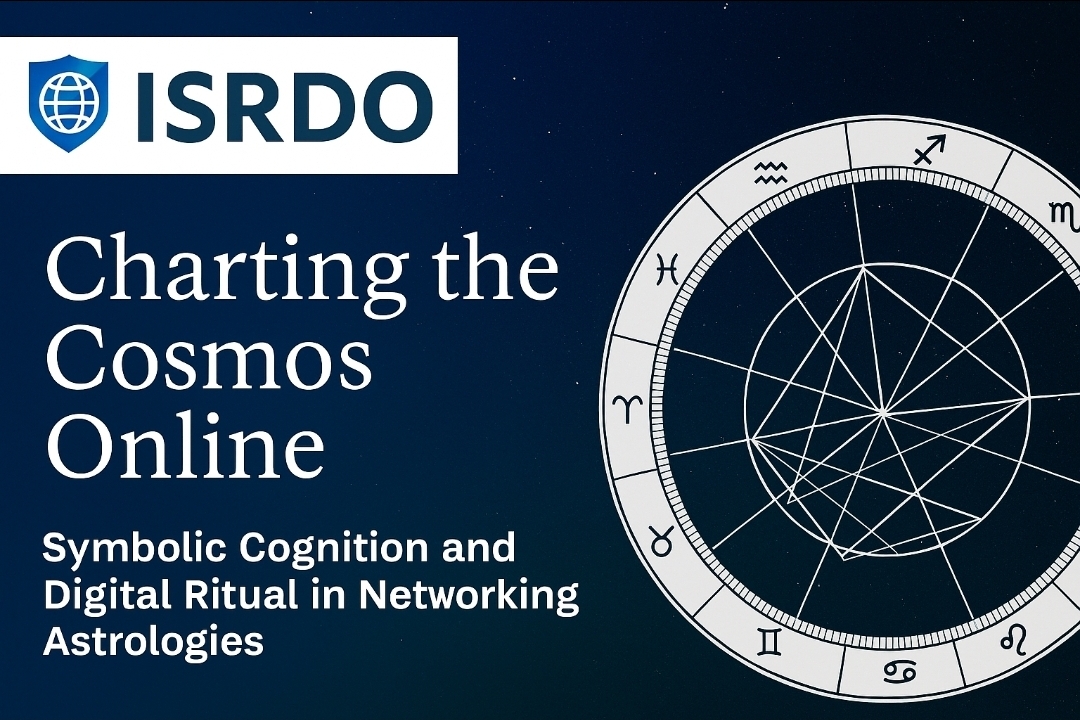
Law and Legislature
Law commonly refers to a system of rules created and
enforced through social or governmental institutions to regulate behaviour,
with its precise definition a matter of longstanding debate. It has been
variously described as a science and the art of justice. State-enforced laws
can be made by a group legislature or by a single legislator, resulting in
statutes; by the executive through decrees and regulations; or established by
judges through precedent, usually in common law jurisdictions. Private
individuals may create legally binding contracts, including arbitration
agreements that adopt alternative ways of resolving disputes to standard court
litigation. The creation of laws themselves may be influenced by a
constitution, written or tacit, and the rights encoded therein. The law shapes
politics, economics, history and society in various ways and serves as a
mediator of relations between people.
A legislature is a deliberative assembly with the authority
to make laws for a political entity such as a country or city. Legislatures
form important parts of most governments; in the separation of powers model,
they are often contrasted with the executive and judicial branches of
government.
Laws enacted by legislatures are usually known as primary
legislation. In addition, legislatures may observe and steer governing actions,
with authority to amend the budget involved.
The members of a legislature are called legislators. In a
democracy, legislators are most commonly popularly elected, although indirect
election and appointment by the executive are also used, particularly for
bicameral legislatures featuring an upper chamber.
- Labour Law
- Family Laws
- Law of Tort & Consumer Protection Act
- Crime
- Constitutional Law
- Women & Law
- Professional Ethics
- Law of Evidence
- Jurisprudence
- Human Rights & International Law
- Practical Training - Legal Aid
- Environmental Law
- Property Law including the transfer of Property Act
- Arbitration
- Conciliation & Alternative
- International Economics Law
- Civil Procedure Code (CPC)
- Code of Criminal Procedure
- Interpretation of Statutes
- Company Law
- Legal Writing
- Land Laws including ceiling and other local laws
- Administrative Law
- Criminology
- Property Law
- Human Rights and International Law
- History of Legislature
- Law of Insurance Including Motor Vehicle Act
- Law of Evidence
- Law on Intellectual Property
- Criminology and Penology
- Labour Law
- Family Law
- Criminal Law
- Law of Torts & Consumer Protection Act
- Conciliation & Alternative
- Human Rights & International Law
- Environmental Law
- Legal Aids
- Law of Contract
- Civil Procedure Code
- Interpretation of Statutes
- Legal Writing
- Administrative Law
- Land Laws (including ceiling and other local laws)
- Investment & Securities Law
- Law of Taxation
- Co-operative Law
- Banking Law including the Negotiable Instruments Act
- Comparative Law
- Law of Insurance
- Conflict of Laws
- Intellectual Property Law
Recent Published
Submit Manuscript
To give your manuscript the best chance of publication, follow these policies and formatting guidelines.


